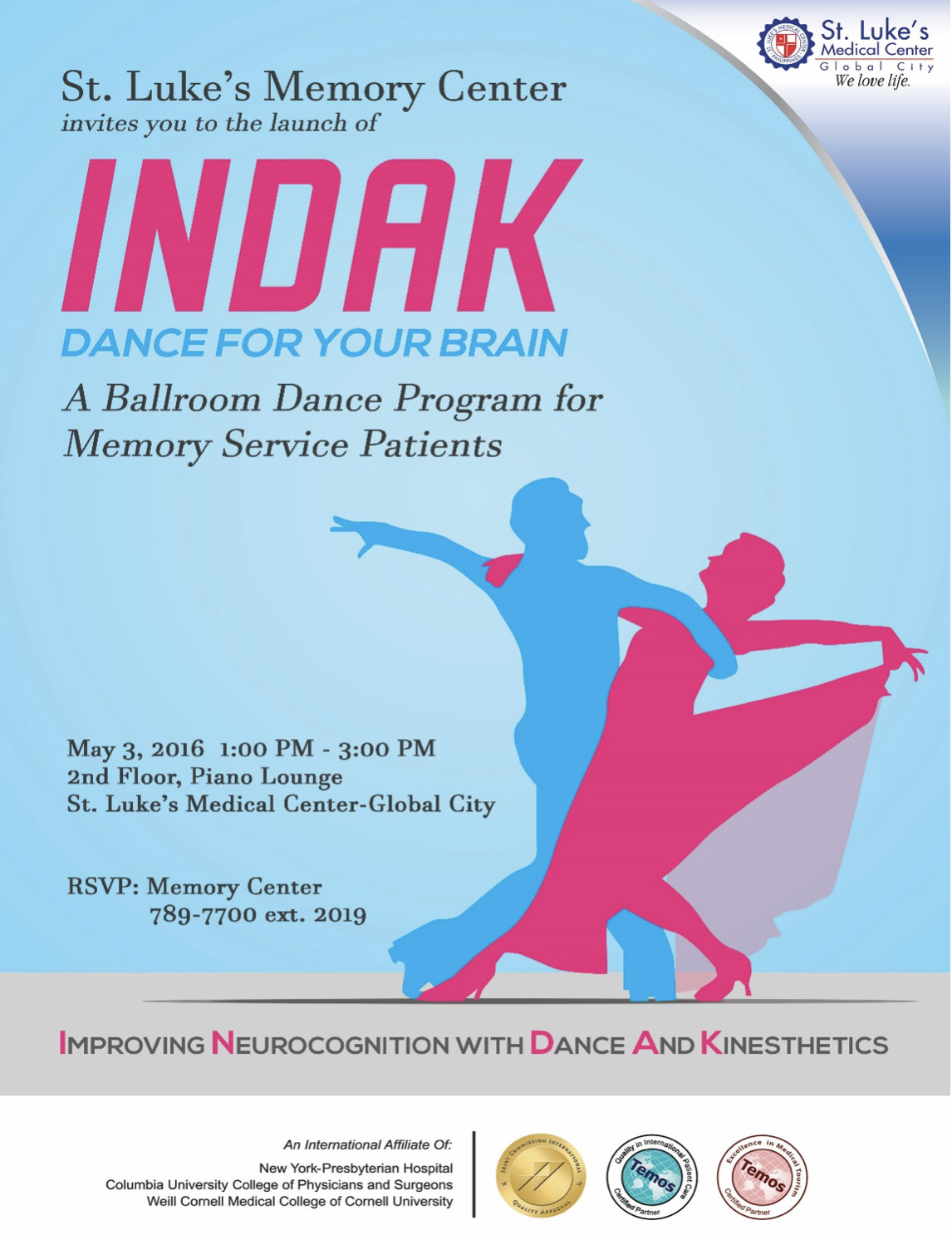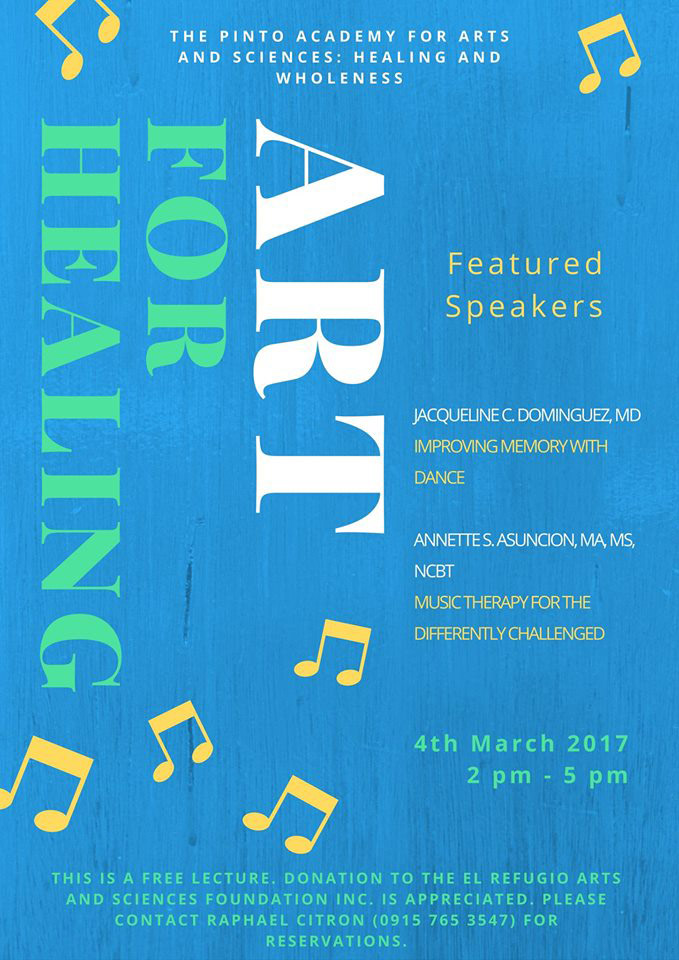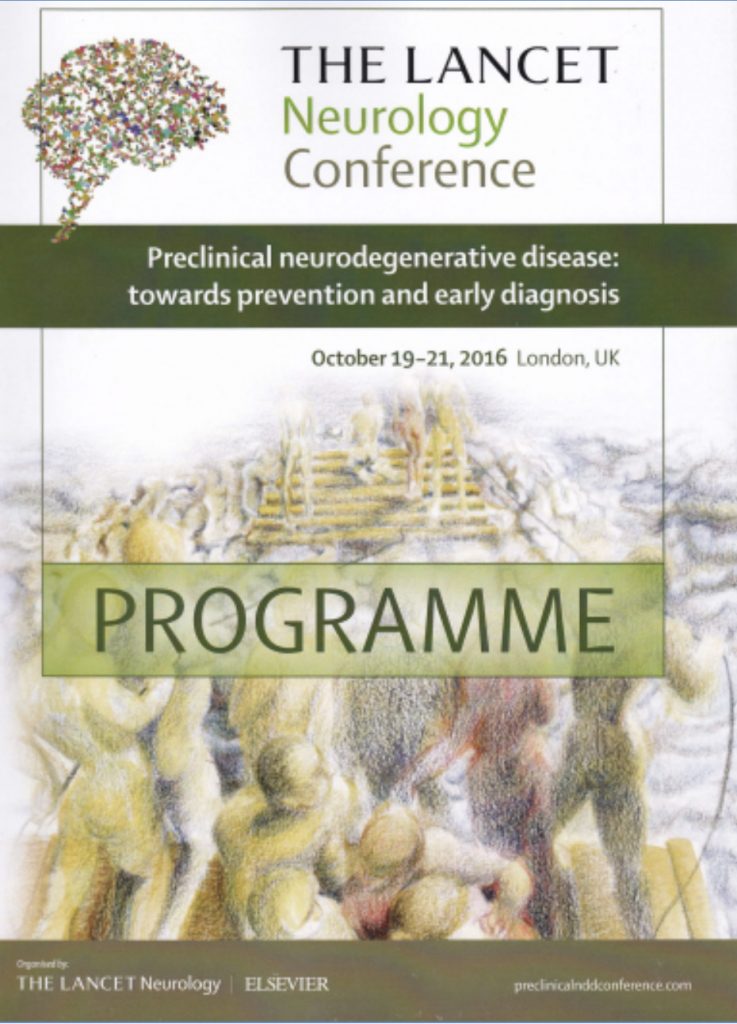Dementia Care Course
This is a 160-hour certificate course in dementia care composed of 12 modules with related simulated learning experience in caring for the elderly and persons with dementia. The faculty is a multidisciplinary team of healthcare professionals from the Dementia Society of the Philippines. Learn more.
Japanese Language and Culture Program
This program is completed in 360 hours. The goal is to teach students attain N4 level of Japanese language proficiency. It incorporates 40 hours of Japanese Language in Caregiving. The academic faculty are level N1 and N2 university professionals in Linguistics and related disciplines. Learn more.
German Language Program
This is a 10-month program. The goal is to teach students achieve level B1/ B2 of German language proficiency. The faculty are university professionals in European Languages major in Deutsch. Learn more.
INDAK
This is a home-based program for elderly persons with mild cognitive impairment and their families. INDAK or rhythm in Filipino stands for Improving Neurocognition through Dance and Kinesthetics. It consists of 8 structured dance modules designed by a multidisciplinary team combining music, dance recall, and physical exercises to improve and maintain memory and reduce depression. The faculty of INDAK are professionals in Human Kinetics. Learn more.
This is a home-based program for elderly persons with mild cognitive impairment and their families. INDAK or rhythm in Filipino stands for Improving Neurocognition through Dance and Kinesthetics. It consists of 8 structured dance modules designed by a multidisciplinary team combining music, dance recall, and physical exercises to improve and maintain memory and reduce depression. The faculty of INDAK are professionals in Human Kinetics.
INDAK was developed in a research project originally titled: An Observational Study on the Effects of Ballroom Dancing on Filipino Elderly with Mild Cognitive Impairment. The initial findings were presented at the The LANCET Neurology Conference in London in 2016 where it showed improved scores in memory and mood, hence the tagline Dance for the Brain. The program was subsequently launched in St. Luke's Medical Center in Global City as a program of the Memory Service of the Institute for Neurosciences. It was also presented as a community program in 2017 at the Pinto Academy for Arts and Sciences: Healing and Wellness.
Currently, INDAK is conducted as an individualized home-based program for elderly with mild cognitive impairment. In order to broaden the reach of the benefits of the INDAK, IDCA seeks partners to be able to implement INDAK in communities. With the support of Hi-Eisai Phils, INDAK was implemented in 3 communities (Barangay UP Diliman, Claret Parish and Marikina Heights) culminating in the first graduation ceremonies at the Balay Kalinaw in UP Diliman in April 2018. Among the graduates was an 89-year old lola! https://opinion.inquirer.net/112708/dance-for-the-brain
The LANCET Neurology Conference, London (2016)
INDAK Launch, St. Luke's Medical Center, Global City (2016) and Pinto Academy for Arts and Science (2017)
 .
. 
IDCA delivers dementia care seminars and workshops nationwide to provide continuing professional education to working health care professionals and to introduce concepts of dementia care to both formal and informal caregivers. The seminar series began in 2015 and launched at the Henry Sy Hall St. Luke's Medical Center in Global City, Taguig. Since then, IDCA conducted seminars in major cities in the Philippines such as Cebu, Cagayan de Oro City, Baguio and Iloilo City. The seminar and workshop introduces basic concepts in dementia care and ways of clinical assessment.
Subcategories
Foreign Language Program
Aside from putting the care for persons with dementia at heart, IDCA works to open the best opportunities for its graduates. IDCA provides two relevant Foreign Language Programs to help its graduates grow in their career in foreign lands.
Dementia Care Course
Dementia Care Course
This course prepares careworkers to have a deeper knowledge on dementia and the professional skills to be able to give a holistic, comprehensive, and patient-centered care. The primary training objective is to develop competencies in assessment, communication, health-care planning, providing care and responding to special needs of the elderly with dementia.



